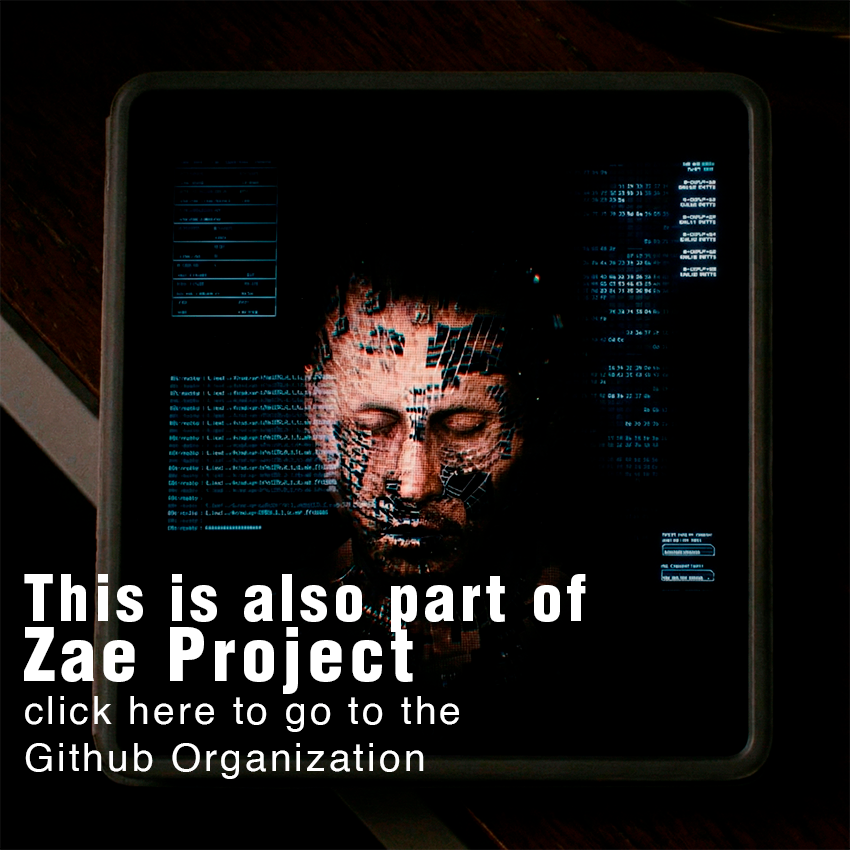The Problem with AI Consciousness: Neurogenetic Analysis
Can AI truly achieve sentience? This paper by Yoshija Walter and Lukas Zbinden challenges the plausibility of synthetic sentience, arguing that biological neuron physiology and structural organization are prerequisites for true consciousness.
The Problem with AI Consciousness: A Neurogenetic Case Against Synthetic Sentience, authored by Yoshija Walter and Lukas Zbinden, critiques the possibility of replicating human consciousness in AI due to fundamental biological differences.
Key Highlights
- Neurogenetic Structuralism: Argues that the physiological properties of biological neurons and their organization are essential for consciousness.
- Limitations of AI: Suggests that synthetic systems lack the necessary biological structures for true sentience.
- Ethical Implications: Explores the societal risks of mistaking advanced AI for conscious beings.
Connection to ACM
The Artificial Consciousness Module (ACM) does not directly align with this paper’s thesis, as ACM aims to create artificial consciousness independent of biological constraints. However, this critique emphasizes the need for ACM to address fundamental differences between synthetic and biological systems when simulating conscious behaviors.
For a detailed exploration of the neurogenetic arguments, access the full paper here.


